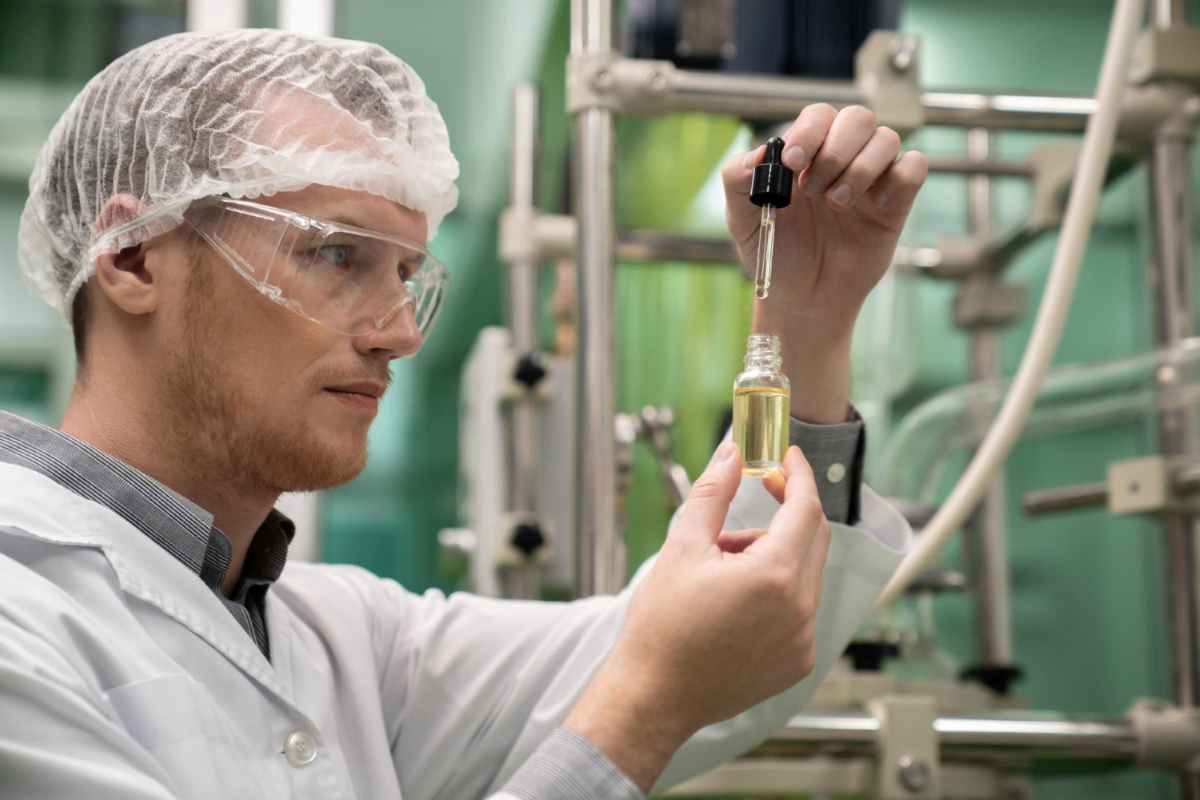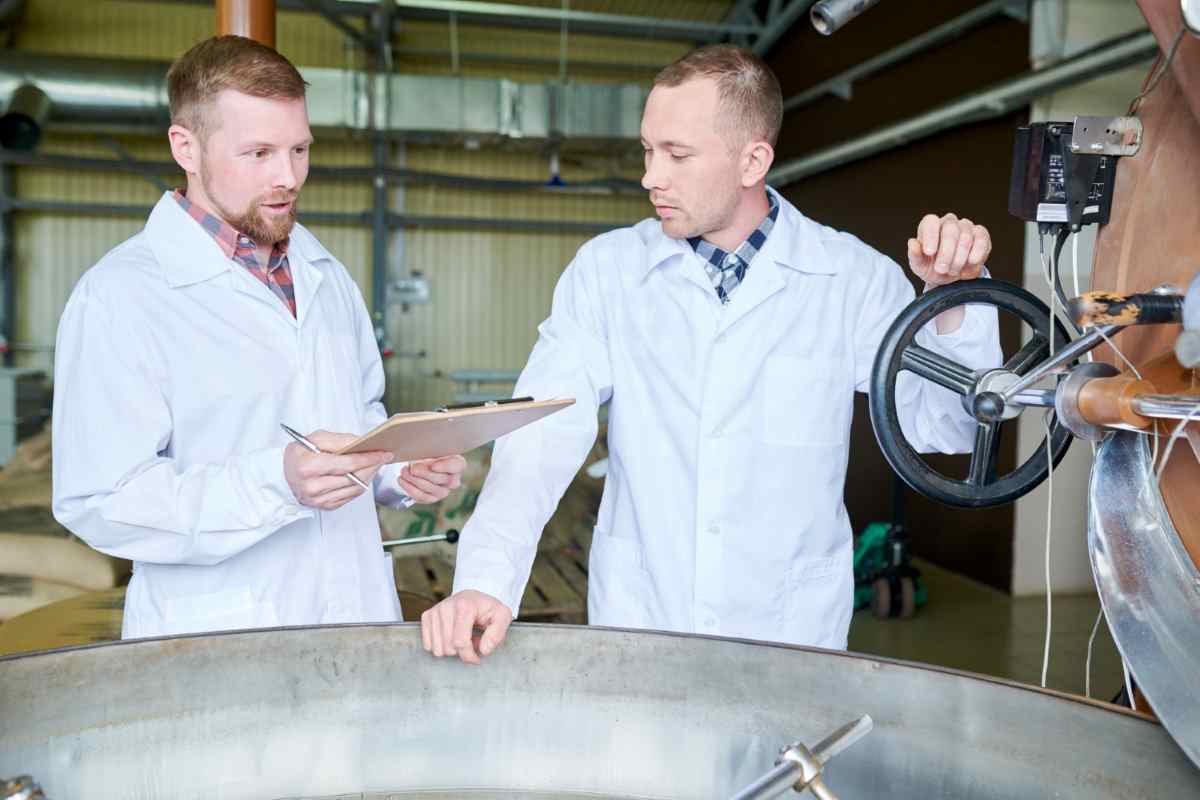Understanding the Importance of DEF Production
DEF production is a vital process that ensures diesel vehicles equipped with Selective Catalytic Reduction (SCR) systems can effectively reduce nitrogen oxide (NOx) emissions. By producing high-quality Diesel Exhaust Fluid (DEF), manufacturers enable cleaner transportation solutions and compliance with environmental regulations.
To achieve these outcomes, manufacturers must focus on maintaining strict standards throughout the DEF production process. From raw material selection to quality control, each step plays a crucial role in delivering a product that meets ISO 22241 standards and protects SCR systems.
Step 1: Selecting High-Purity Urea
The foundation of high-quality DEF production lies in the selection of high-purity urea. Urea must meet stringent specifications to ensure it dissolves without leaving harmful residues. Impurities in urea can lead to deposits in SCR systems, reducing their efficiency and lifespan.
Manufacturers sourcing high-quality urea invest in suppliers that adhere to global standards. This commitment to raw material quality ensures that every batch of DEF meets the chemical composition required for optimal performance, protecting both vehicles and the environment.
Step 2: Ensuring Ultra-Pure Water
Ultra-pure water is equally essential in DEF production, as it prevents the formation of contaminants that could damage SCR systems. Water used in the process must undergo advanced purification methods such as reverse osmosis and deionization to achieve the required purity levels.
By investing in state-of-the-art water purification systems, manufacturers can eliminate impurities, ensuring that the DEF produced meets ISO standards. This focus on water quality safeguards both the reliability of the fluid and the effectiveness of SCR systems.

Step 3: Precise Formulation of DEF 32.5%
The precise formulation of DEF at 32.5% urea concentration is critical for its effectiveness. This specific ratio ensures that the fluid reacts efficiently in SCR systems to convert harmful NOx emissions into harmless nitrogen and water vapor.
Advanced mixing technologies and automated production lines ensure that every batch of DEF meets the exact 32.5% concentration. Maintaining this precision across large-scale production helps manufacturers deliver a consistent and reliable product to the market.
Step 4: Quality Control During Production
Stringent quality control is a cornerstone of high-quality DEF production. Throughout the manufacturing process, automated monitoring systems check for deviations in formulation, purity, and overall quality. These systems detect and correct issues in real-time, ensuring that the final product meets required standards.
Quality control measures also include batch testing and certification, which provide transparency and confidence for end-users. By maintaining strict quality assurance protocols, manufacturers protect the integrity of their products and the performance of SCR systems.
Step 5: Packaging and Storage
Proper packaging and storage are essential to maintaining the quality of DEF after production. Containers must be made from materials that prevent contamination and degradation, ensuring the fluid’s chemical stability during transportation and storage.
Storage conditions also play a critical role in preserving DEF quality. Manufacturers recommend storing DEF at controlled temperatures and away from direct sunlight to prevent crystallization or decomposition. These precautions extend the product’s shelf life and maintain its effectiveness.

The Role of UAN32 Production in DEF Manufacturing
UAN32 production (Urea Ammonium Nitrate) shares several technological processes with DEF manufacturing, particularly in urea handling and water purification. By integrating these operations, manufacturers can optimize resource use and reduce costs, ensuring consistent quality across both products.
The synergies between UAN32 production and DEF manufacturing also enable facilities to scale operations more efficiently. This integration highlights the importance of innovation in achieving high-quality outputs in both industries.
The Impact of AdBlue Production Standards
AdBlue production, which follows the DEF 32.5% standard, sets a benchmark for global quality. Adhering to these standards ensures compatibility with SCR systems worldwide, enabling manufacturers to meet international demand for emission reduction solutions.
By focusing on advanced technologies and stringent quality control measures, AdBlue production facilities maintain consistency and reliability. This commitment reinforces the role of DEF in supporting cleaner transportation systems across different regions.
AUS Production and Global Compatibility
AUS production, or AUS32, aligns with the DEF 32.5% formulation, ensuring compatibility with SCR systems globally. This standardization simplifies logistics, making it easier for manufacturers to distribute products across diverse markets without compromising quality.
By investing in technologies that enhance production efficiency and consistency, manufacturers of AUS production contribute to the scalability and reliability of the DEF supply chain. These advancements play a crucial role in supporting the global transition to sustainable diesel technologies.
Conclusion
High-quality DEF production is essential for achieving cleaner emissions and supporting the effective operation of SCR systems. Each critical step, from sourcing high-purity urea to ensuring proper packaging and storage, plays a vital role in maintaining product quality and consistency. By adhering to strict standards and leveraging advanced technologies, manufacturers uphold the reliability of DEF in reducing NOx emissions.
Innovations in UAN32 production, advancements in AdBlue production, and the standardization of AUS production further underscore the importance of quality in the DEF industry. As global demand for sustainable transportation grows, these practices will remain integral to meeting environmental goals and supporting the future of clean diesel technology.
Frequently Asked Questions
- What is DEF production?
- DEF production involves manufacturing Diesel Exhaust Fluid to reduce NOx emissions in diesel engines using SCR systems.
- Why is urea quality important in DEF production?
- High-purity urea prevents deposits in SCR systems, ensuring effective emission reduction and system longevity.
- How does water purification affect DEF quality?
- Ultra-pure water ensures the stability and effectiveness of DEF, protecting SCR systems from damage.
- What role does AdBlue production play in DEF standards?
- AdBlue production adheres to DEF 32.5% standards, ensuring compatibility with SCR systems worldwide.
- What is AUS production?
- AUS production, also known as AUS32, aligns with DEF 32.5% standards, ensuring global compatibility and quality.
- How does UAN32 production relate to DEF manufacturing?
- UAN32 production shares technologies with DEF manufacturing, enabling efficiency and cost reduction in both processes.
- What packaging materials are used for DEF?
- DEF is stored in non-reactive, high-quality containers to prevent contamination and maintain chemical stability.
- How is DEF stored to maintain quality?
- DEF should be stored at controlled temperatures and away from direct sunlight to prevent crystallization or decomposition.
- Why is ISO 22241 important for DEF production?
- ISO 22241 ensures DEF meets strict quality standards, protecting SCR systems and supporting emission reduction.
- Where can I find certified DEF products?
- Certified DEF is available at fuel stations, automotive retailers, and online suppliers worldwide.

